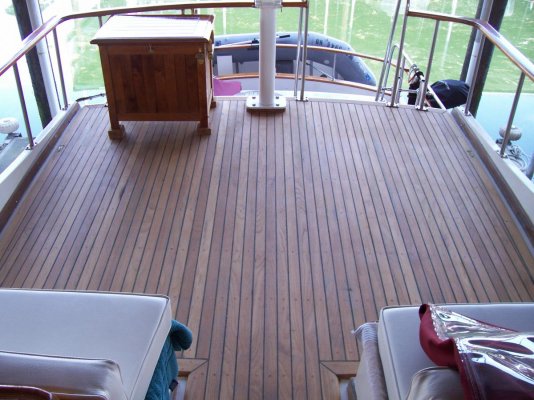In my example you would have lost the sale due to the over reaction form a surveyor. The same guy you were supporting just a post or two before.
First of all... if a buyer is depending on the surveyor to make / break their deal I don't necessarily care to deal with them. My last two boats I sold, and the last I bought I went in with some recommendations and ABYC related observations. None were deal-breakers.
Too many people think they will be paying for the survey and getting a price reduction based on survey findings. I am very clear up front that that is not what a survey is for, and I would not be playing those games. We already had a handshake deal and were now looking for a third party confirmation of the quality of the vessel and it's appointments.
This is an excerpt from my last survey. He outlined his system of prioritizing his recommendations:
· "Priority I Recommendations" are related to Safety & Regulatory findings and are listed in
RED in the report.
· "Priority II Recommendations" are related to Maintenance & Standards findings and are listed in
BLUE in the report.
· "Other Recommendations" are findings that are relatively minor in nature and are listed in Black in the report.
This is an actual finding:
Battery Set Two: There is one battery located in the engine compartment that is a Grp. 8D lead acid battery that services the main engines that is fitted with wing nuts.
ABYC 10.8.3 Battery cables and other conductors size 6 AWG and larger shall not be connected to the battery with wing nuts. Recommendation is that batteries be connected with USCG approved terminations not utilizing wing nuts.
That battery terminal is still on my "to-do" list. Will I change it? Most likely. I understand their recommendations and they are good practices. It was also found to be missing GFCI outlets in two wet spaces. I fixed those the first weekend I owned the boat. None of his recommendations were color coded red.





